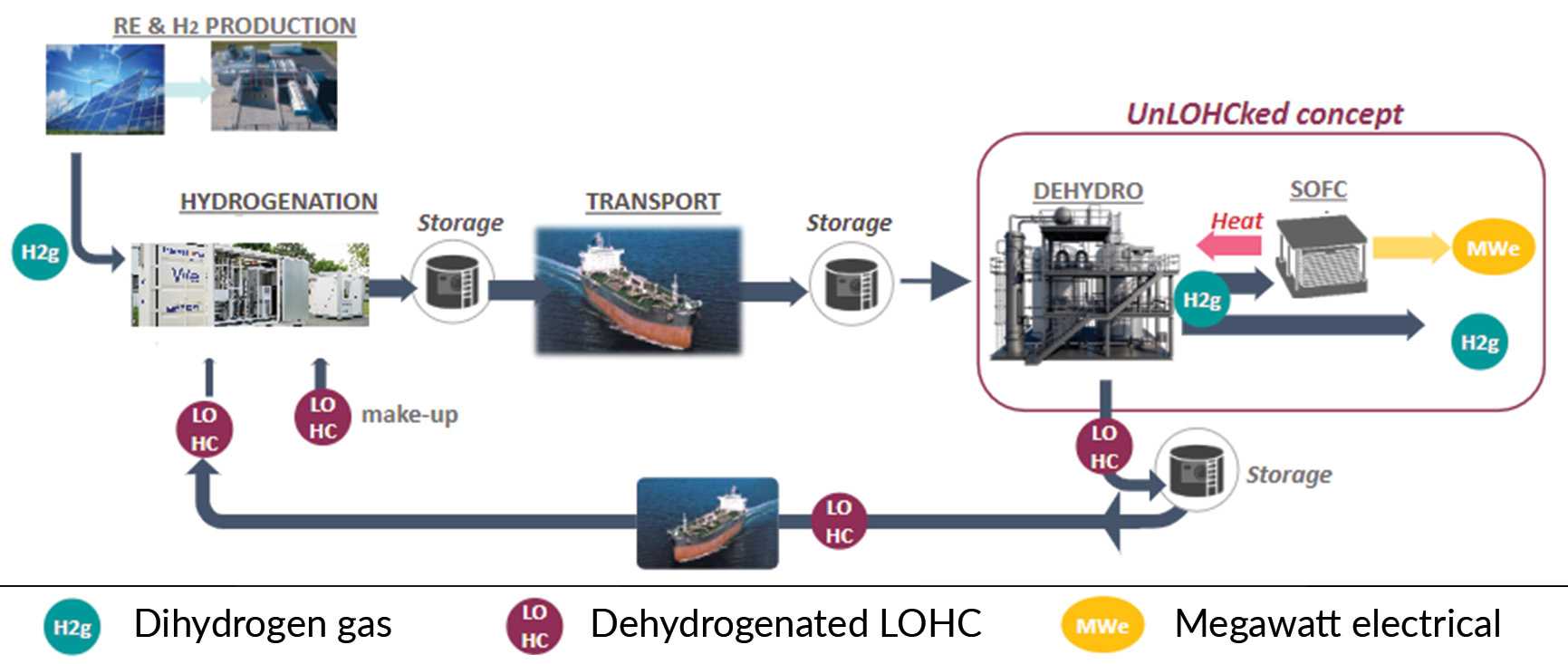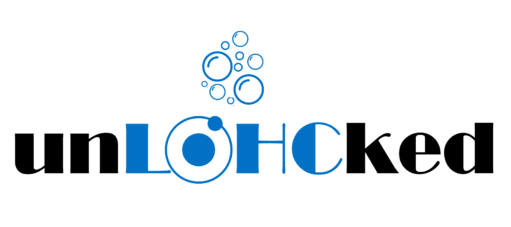About
The UnLOHCked project was selected by the Clean Hydrogen Partnership, supported by the European Commission, through Horizon Europe. Coordinated by the university of the Basque Country (UPV/EHU), it will last 3 years, starting on June 2023. It is responding to the urgent need for sustainable energy solutions in a context of climate change and geopolitical conflict. As part of the European Union’s ambitious goals to reduce fossil fuel consumption and achieve climate neutrality, UnLOHCked proposes an approach to hydrogen production and storage, crucial to the transition to a cleaner, low-carbon economy.
At its core, UnLOHCked focuses on developing a CO₂-free technology to convert Liquid Organic Hydrogen Carriers (LOHC) into hydrogen, facilitating clean electricity generation. By leveraging advanced catalysts and integrated systems, the project aims to enhance thermal efficiency, catalytic stability, and productivity in the dehydrogenation process.
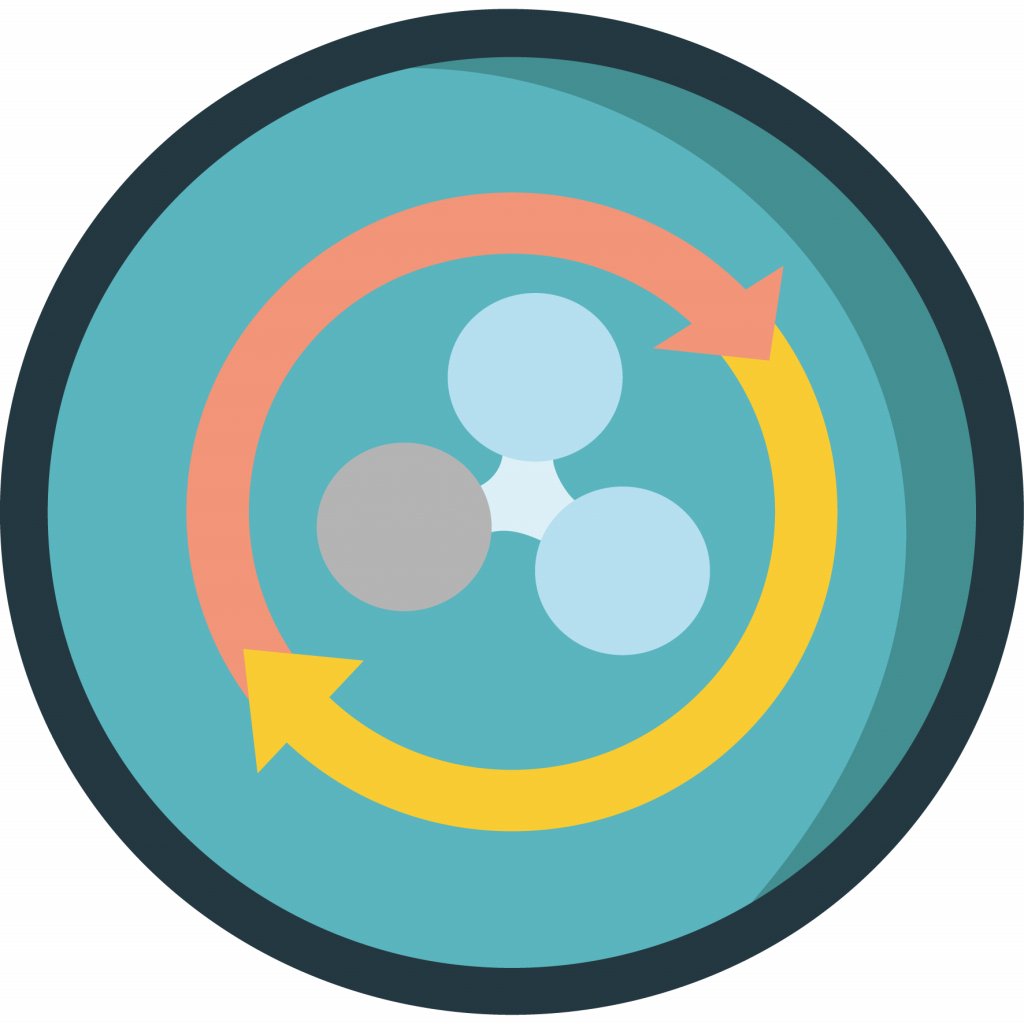
Innovative Catalyst Developments :
Utilizing novel methods such as nanoparticle synthesis and single-atom catalysts, UnLOHCked aims to create Critical Raw Material-free (CRM-free) catalysts with high activity and selectivity in dehydrogenation, aiming to achieve a hydrogen production rate exceeding 0.02 grams of H₂ per gram of catalyst per minute.
Scaling Up Catalyst Production :
From laboratory-scale testing to larger production scales, the objective is to produce multiple kilograms of catalysts to generate 10 kg of hydrogen per day for use in a demonstrator, ensuring both high productivity and stability.
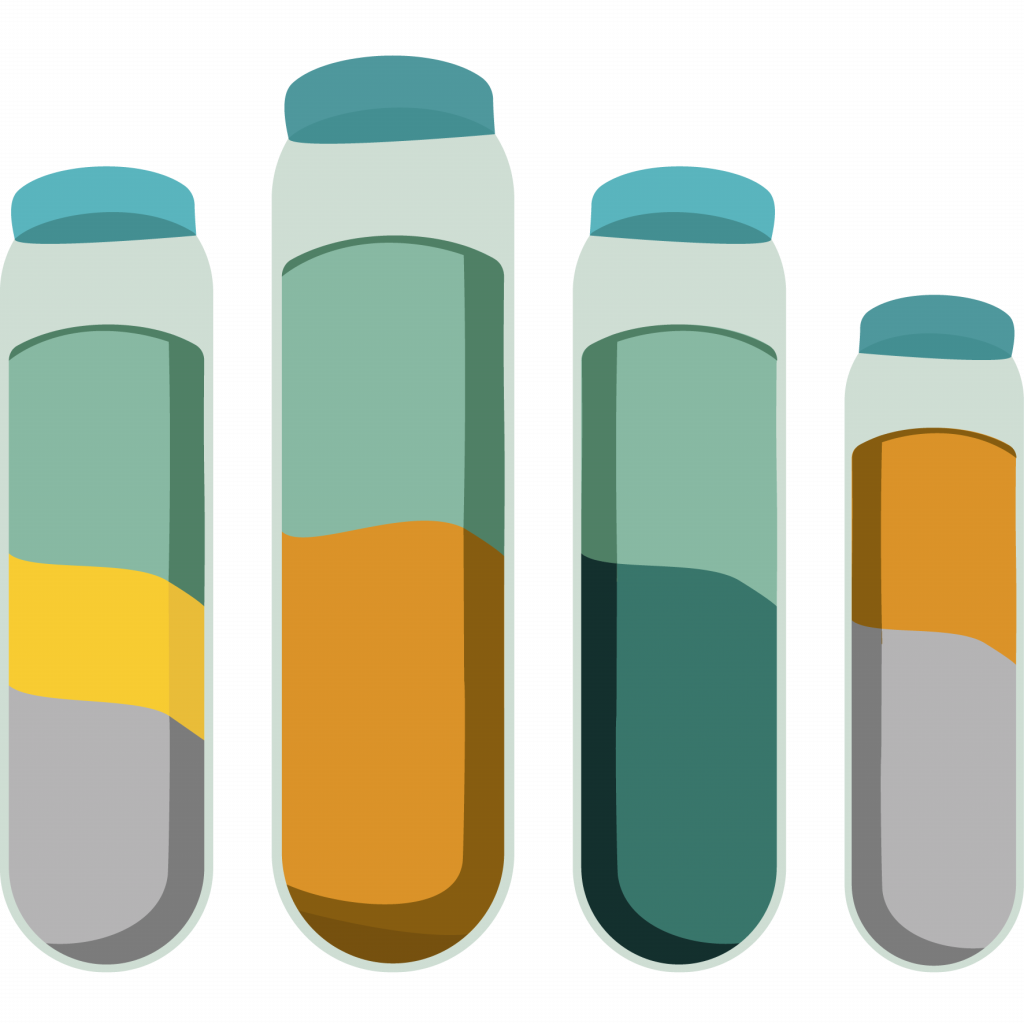
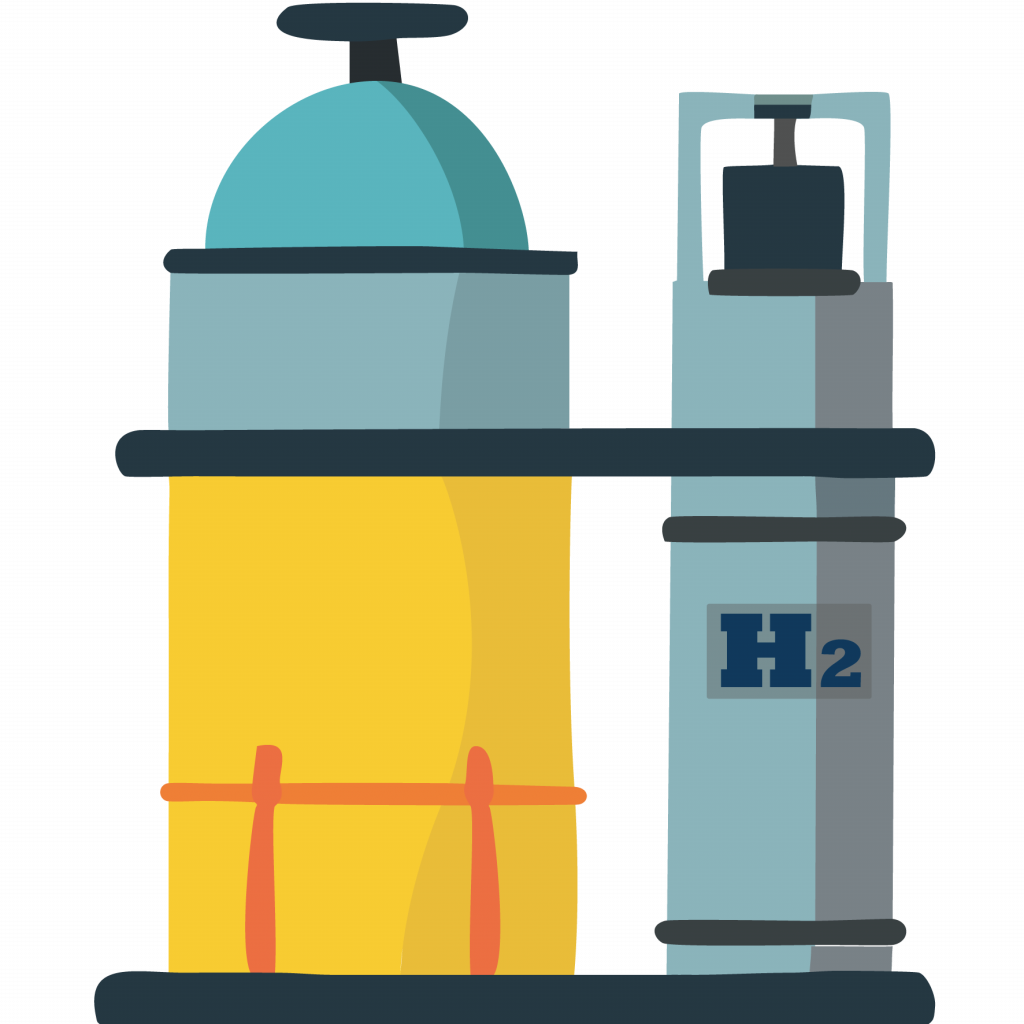
Designing an Integrated System :
The project aims to develop an integrated system capable of continuous operation for over 500 hours. This system will couple the dehydrogenation reactor with a Solid Oxide Fuel Cell (SOFC), allowing for the transfer of heat from the SOFC to the dehydrogenation reactor. This integration will not only simplify operations but also ensure that thermal efficiency in the dehydrogenation step remains below 17 kWh input per kilogram of H₂ recovered.
Demonstrating Feasibility :
Through a fully CO₂-free dehydrogenation system, UnLOHCked aims to produce hydrogen and renewable electricity from LOHC-stored hydrogen, demonstrating viability and efficiency, aiming to achieve an overall electrical efficiency target surpassing 50% and a high level of catalytic stability, maintaining performance losses below 0.1% per cycle.
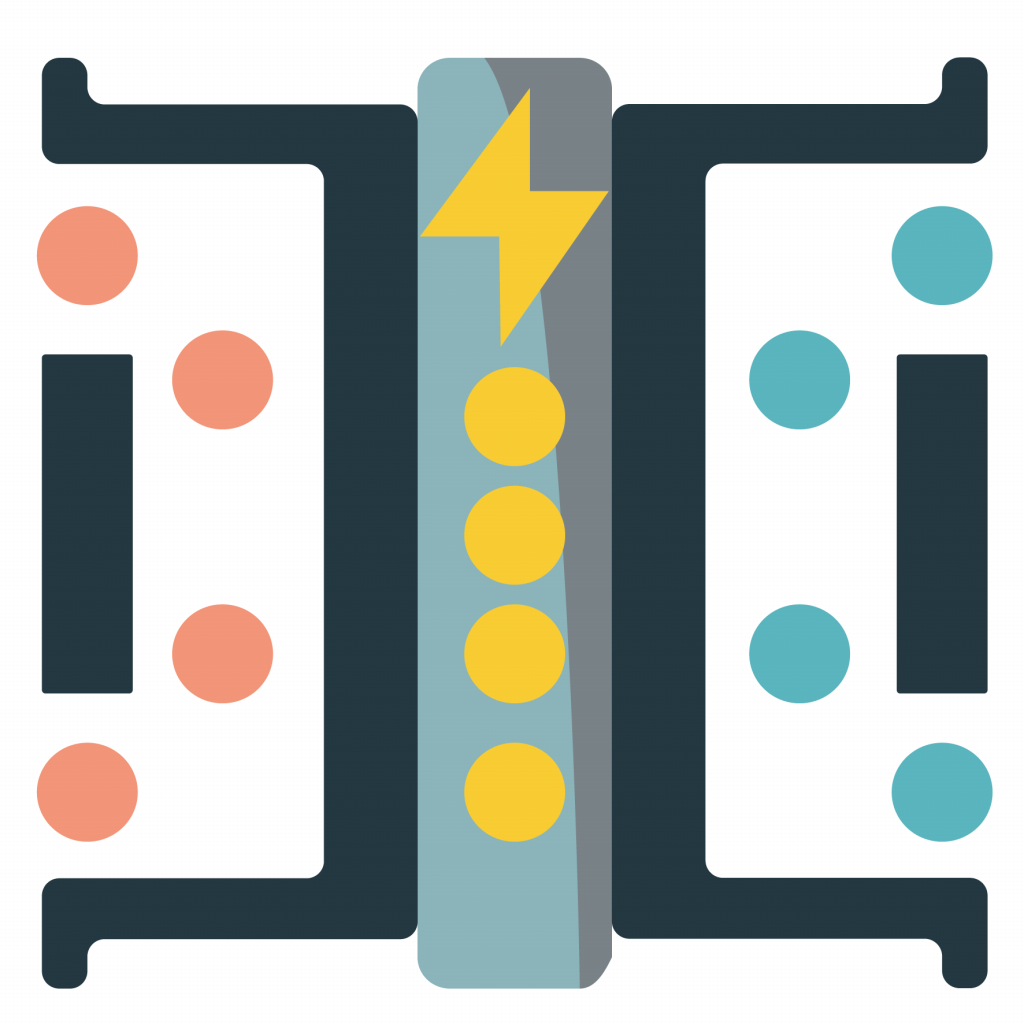

Impact Assessment :
Beyond technical innovation, UnLOHCked delivers tangible benefits for society and the planet. By reducing costs with an objective of less than 2.5 € per kilogram, minimizing environmental footprints with CRM-free catalysts, and engaging stakeholders, the project contributes to environmental sustainability and the European Green Deal goals.
What are
LOHCs ?
LOHC, which stands for Liquid Organic Hydrogen Carriers, are a class of molecules designed to store and transport hydrogen in a safe and efficient manner. These molecules consist of stable liquid organic compounds that can reversibly bond with hydrogen through catalytic reactions. In essence, LOHCs act as “hydrogen carriers,” enabling the storage and release of hydrogen as needed.
The key advantage of LOHCs lies in their ability to store hydrogen in liquid form at ambient temperature and pressure, eliminating the need for costly and complex compression or liquefaction processes associated with traditional hydrogen storage methods. This makes LOHCs particularly well-suited for applications where compact and convenient hydrogen storage is essential, such as transportation and energy storage.
Additionally, LOHC systems are compatible with existing liquid fuel infrastructures, allowing for seamless integration into existing distribution networks. Moreover, LOHC technology offers the potential to utilize renewable energy sources, such as wind and solar power, for hydrogen production, thereby contributing to the transition towards a clean and sustainable energy future.
Overall, LOHCs represent a promising solution for overcoming the challenges associated with hydrogen storage and transportation, paving the way for wider adoption of hydrogen as a clean and renewable energy carrier.
